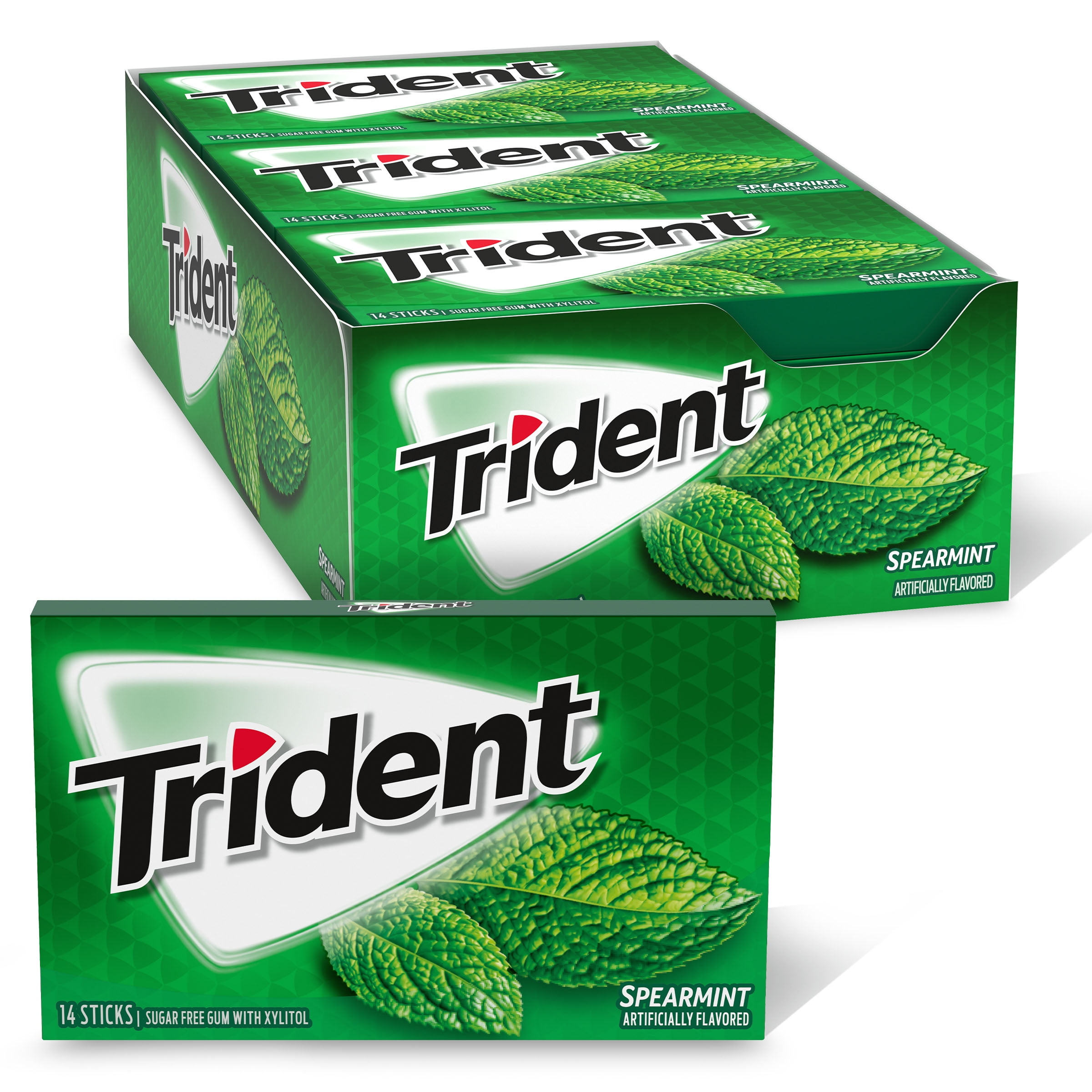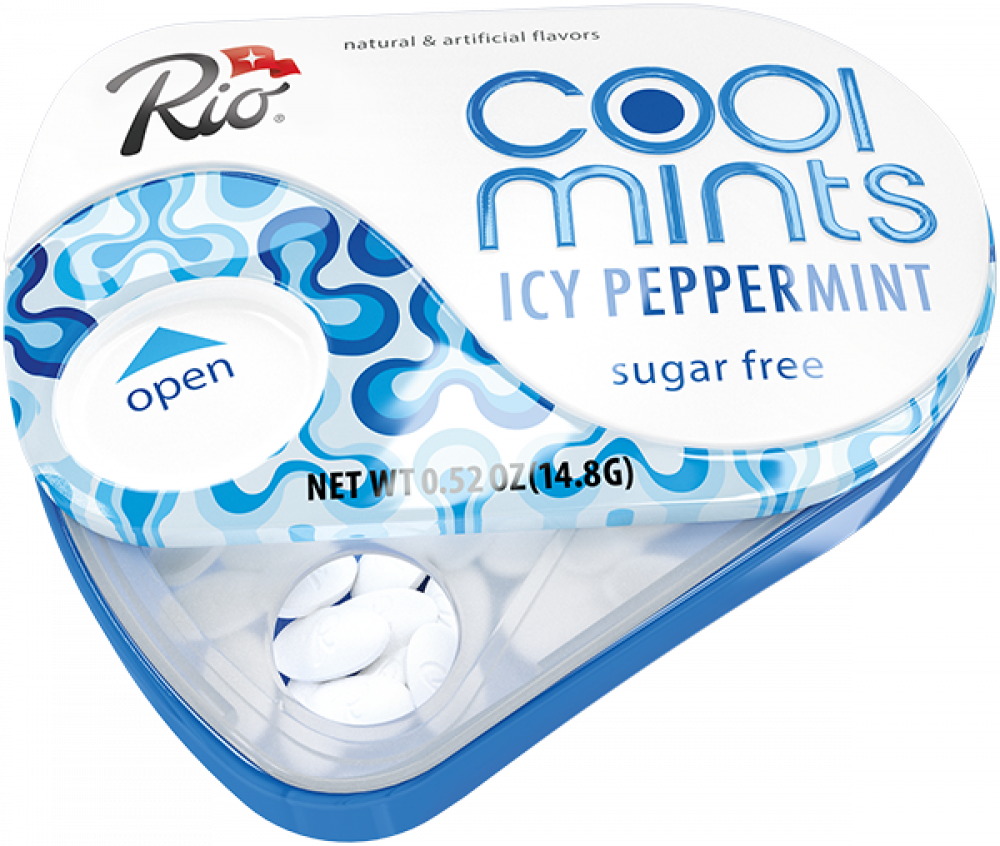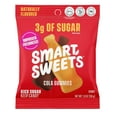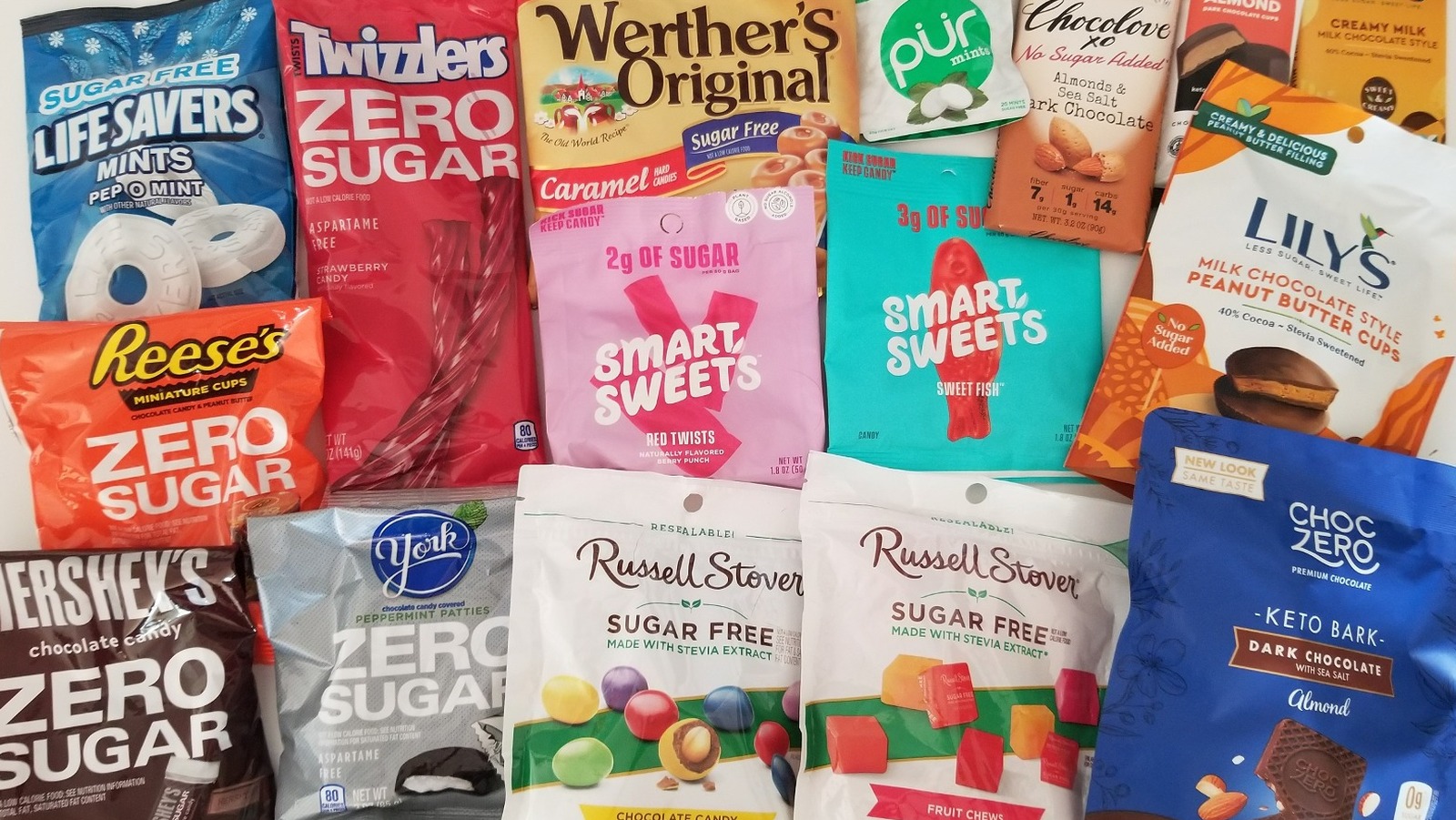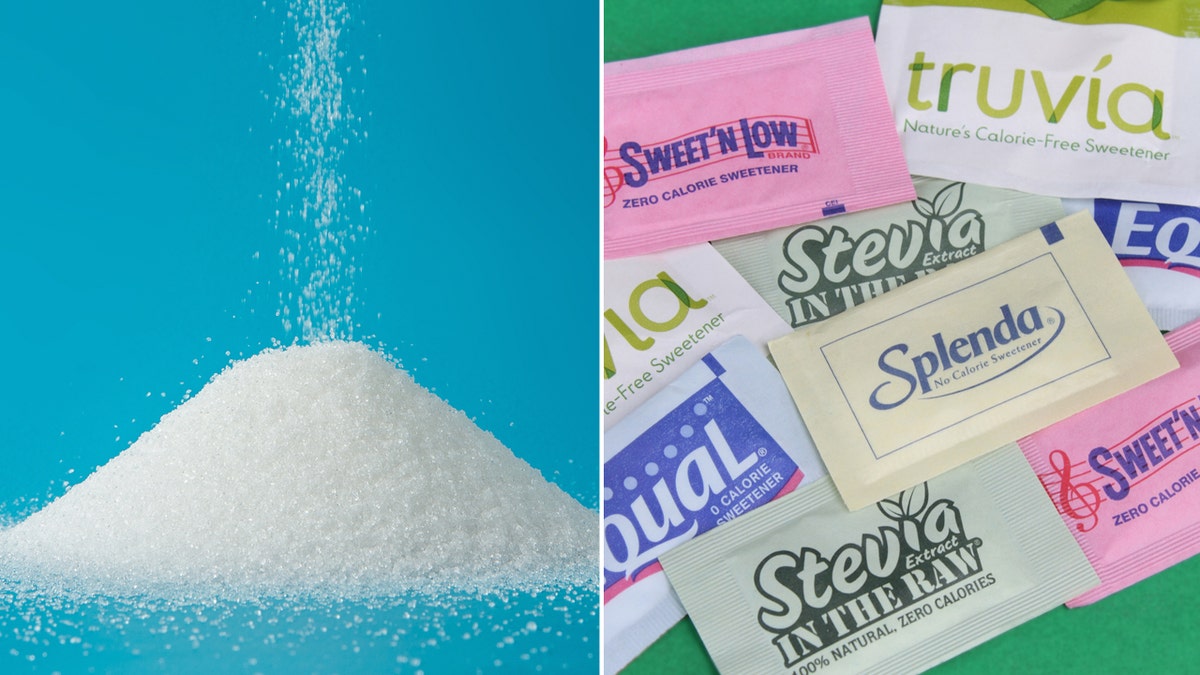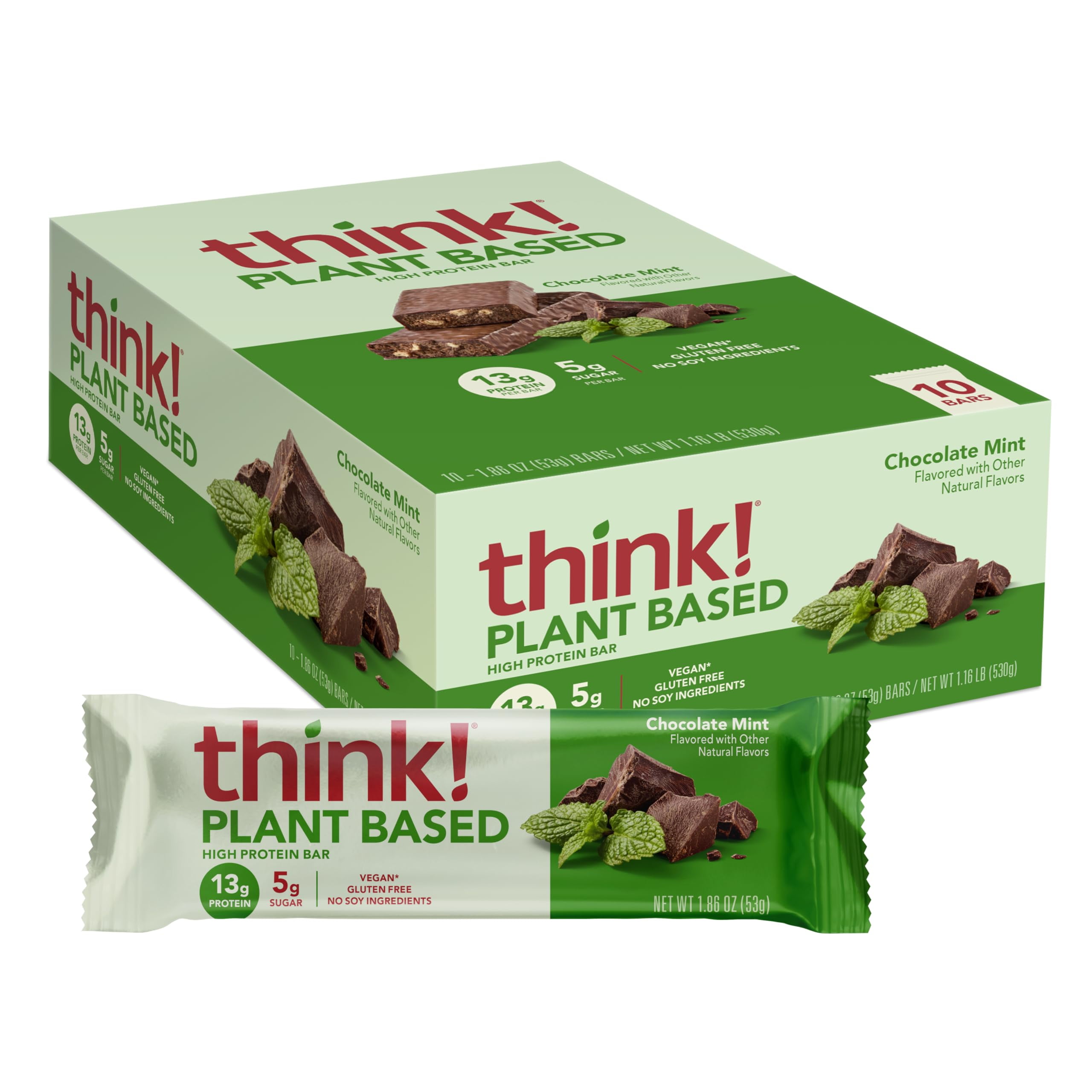Mints Without Sugar Or Artificial Sweeteners
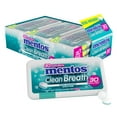
The breath mint market is undergoing a quiet revolution, driven by increasing consumer demand for healthier alternatives. A growing number of companies are now offering mints formulated without sugar or artificial sweeteners, a departure from traditional formulations that have dominated the market for decades.
This shift represents a significant change in the confectionery industry, reflecting a broader consumer trend toward cleaner eating and a heightened awareness of the potential health risks associated with artificial ingredients.
The Rise of Natural Mints
The impetus behind this trend is multifaceted. Concerns about the long-term effects of artificial sweeteners like aspartame and sucralose, coupled with a growing desire to reduce sugar consumption, have fueled the demand for natural alternatives.
Consumers are actively seeking out products with simpler ingredient lists, favoring those sweetened with natural sources like stevia, erythritol, and xylitol.
These sugar alcohols offer a sweet taste with fewer calories and a lower impact on blood sugar levels, making them attractive options for health-conscious individuals and those managing diabetes.
Key Players and Their Offerings
Several companies have emerged as leaders in this burgeoning market. Pur Mints, for example, have gained popularity for their commitment to using xylitol as the sole sweetener. Their product line includes a variety of flavors, appealing to a wide range of tastes.
Another notable player is Zollipops, known for its sugar-free lollipops that have expanded into the mint category. Zollipops markets their mints as "tooth-friendly," highlighting the potential benefits of xylitol in preventing tooth decay.
Even established confectionery giants are taking note. Many are reformulating existing products or introducing new lines of sugar-free and artificially-sweetener-free mints to cater to this growing consumer segment.
The Science Behind Sugar Alcohols
The science behind the use of sugar alcohols is well-documented. Xylitol, in particular, has been shown to inhibit the growth of bacteria that cause cavities. This benefit has led to its widespread use in dental products like toothpaste and mouthwash.
Erythritol is another popular choice, known for its minimal impact on blood sugar and its generally good tolerability.
"Erythritol is absorbed into the bloodstream and then excreted in urine mostly unchanged," states a report from the National Institutes of Health, suggesting a minimal metabolic impact.
Stevia, a natural sweetener derived from the stevia plant, has gained significant traction due to its zero-calorie content and its ability to provide a sweet taste without affecting blood sugar levels.
Potential Challenges and Considerations
While sugar alcohols offer several advantages, they are not without potential drawbacks. Some individuals may experience digestive discomfort, such as bloating or diarrhea, if they consume large quantities of xylitol or erythritol.
Furthermore, the cost of natural sweeteners can be higher compared to traditional sugar or artificial sweeteners, potentially leading to a slightly higher price point for consumers.
Despite these challenges, the demand for sugar-free and artificially-sweetener-free mints continues to grow, suggesting that consumers are willing to pay a premium for healthier alternatives.
Impact on the Market and Consumers
The rise of natural mints is having a significant impact on the overall confectionery market. It is forcing traditional manufacturers to rethink their formulations and explore healthier options.
Consumers are benefiting from a wider range of choices, allowing them to select mints that align with their dietary preferences and health goals.
The trend is also contributing to a broader conversation about the importance of reducing sugar intake and the potential health risks associated with artificial ingredients. The increased awareness might trigger a decrease in artificial sweetener consumption.
Looking Ahead
The future of the mint market appears to be heading in a healthier direction. As consumer awareness continues to grow and more companies embrace natural sweeteners, we can expect to see even more innovative and health-conscious mint options on the shelves.
This trend is likely to extend beyond mints, influencing the broader confectionery industry and encouraging manufacturers to prioritize natural ingredients and healthier formulations.
Ultimately, the shift towards sugar-free and artificially-sweetener-free mints represents a positive step towards empowering consumers to make informed choices about their health and well-being.



